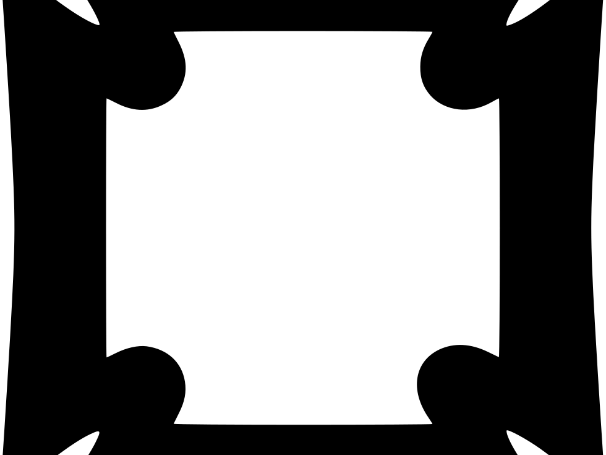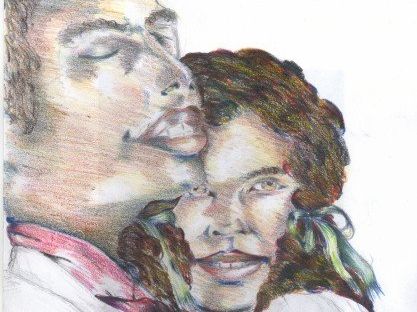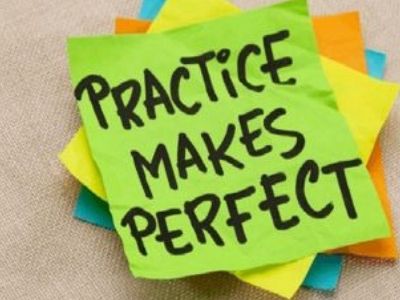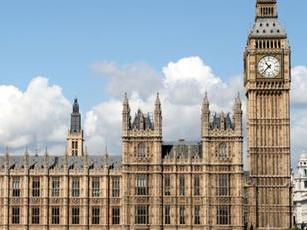Essi Resources - Shop
I have taught Law for over 10 years and I have been teaching for just over 13 years. Prior to teaching, I did private tutoring for Law, English and Art, alongside volunteering for the British Red Cross. I've chaired a number of different political conferences and have also exhibited my artwork in the South West and London.













